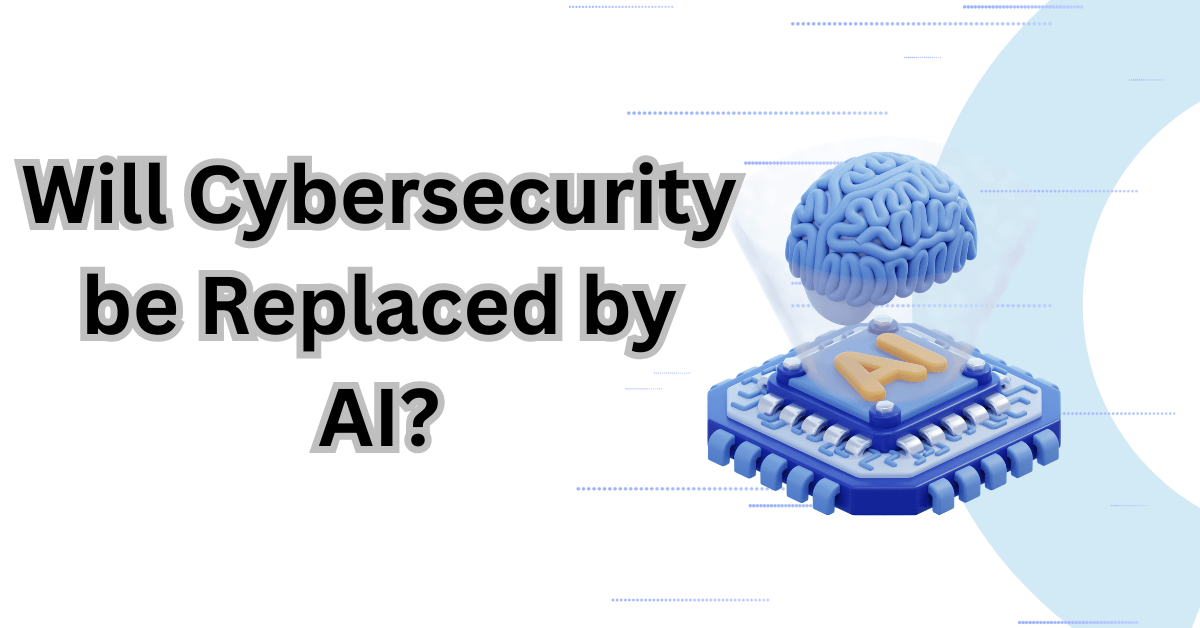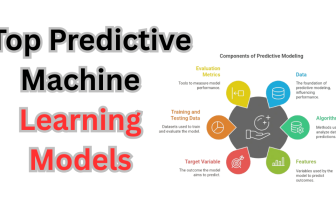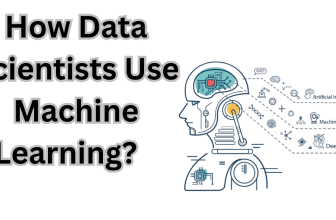AI is bringing change to every area, including cybersecurity. The tools available today can detect threats, monitor systems, and prevent attacks. So people ask this question: “Is he going to be replaced altogether by AI?” Short answer: “Not at all.”
AI is indeed a powerful tool, but human expertise will remain essential in cybersecurity. Such technology couldn’t work without the guidance, creativity, and judgment of highly skilled professionals. Understanding how humans and AI experts work together gives a picture of what might happen in the future regarding digital security.
AI in Cybersecurity Defense
AI has become a contemporary crucial weapon for cyber defense. Machine learning algorithms are growing so intelligent and active that they can scan huge amounts of data to spot incorrect patterns, which can represent actions from cybercriminals such as phishing, an attack via malware, or even suspicious activity on logins.

Humans alone can’t do it at the same speed. AI is available all the time, around the clock, monitoring, providing instantaneous alerts, and automated response systems that lessen damage. Cyber criminals, too, are changing and improving. Human judgment and creativity remain paramount to staying ahead.
Machine Learning for Cyber Threat Detection
In cyber threat detection, machine learning plays an important role. An AI system trained over past data recognizes known threats and predicts probable future assaults; thus, it reduces the time interval required for identifying security breaches.
For example, an AI-based firewall can block unusual traffic before it has a chance to do any harm. Likewise, intrusion detection systems use machine learning to differentiate between real threats and false alarms. However, those models rely heavily on training data. If some biases or incompleteness are present in the data set, the AI may fail to identify a new kind of attack. This is equally where cybersecurity experts will step in.
Future of Cybersecurity with AI
The future of cybersecurity with AI looks essentially like a partnership, rather than a substitute. AI will continue honing the automation of repetitive tasks, thus making jobs faster and more efficient. This implies cybersecurity professionals will perhaps have less time on checks and routine assessments and more on strategy, planning, and intricate detective work.
Businesses will use a hybrid model of AI systems and human intelligence in the future. AI will perform mass surveillance, whereas humans will be responsible for higher-order decisions, ethical implications, and imaginative solutions. AI is far from substituting cybersecurity; instead, it is
Why AI Cannot Fully Replace Cybersecurity Experts
While AI is powerful in detecting threats, human skills are still essential to handle creativity and unexpected cyberattacks.
Creativity and Adaptability
Because they’re presented with some rather ingenious ideas to cheat the most advanced systems, hackers could really break through a security barrier. Human cybersecurity experts view potential threats from a different angle, thus wearing different hats in adapting a defense strategy instantly. Unlike a machine, however, an artificial intelligence person will only rely on data it has from training, but cannot think on its own like human attackers or defenders.
Ethical Decision-Making
In reality, programming codes and rules govern AI, which shows that it learns, not to develop ethics. There are times when such decisions are, therefore, difficult for cybersecurity experts to make between what is fair and legal and what should be considered ethically acceptable in particular situations. This kind of judgment brings about accuracy and accountability in responses that AI may not provide.
Handling Unknown Threats
AI systems, thus far, have made noticeable advances in analyzing the same types of attacks with which they have been trained. But when it comes to an entirely novel attack case, that system usually fails in identifying and reacting. A human specialist can monitor the emerging risk coupled with experience and can easily create customized defenses against that onslaught.
Human Oversight
Abnormality may cause AI to create false alarms or ignore insignificant attack signals present in the system. Therefore, human intervention is required to confirm that a particular threat is real and to implement the right action. Whereas security teams add intuition, judgment, and trust to ensure that cybersecurity stays effective and true.
FAQs:
1. Is AI a cybersecurity threat?
AI is double-edged in the cyber domain. It helps detect and mitigate attacks; on the other hand, hackers are also using AI to develop more advanced cyber threats, thereby making human experts indispensable.
2. Will cybersecurity be in demand in 2030?
Yes, most probably, in 2030, demand for cybersecurity specialists will become higher. As digital systems are developed, the chances of more threats will increase. Businesses, the government, and individuals will need professionals to protect sensitive data and networks.
3. Which pays more, cybersecurity or AI?
Their salaries are quite competitive; however, the average pay scale of AI engineers is higher owing to specialized skills in machine learning and data science. Further, all well-paying jobs are in high demand, mostly because of security measures.
Conclusion
Thus, the question arises: Will cybersecurity be replaced by AI? The answer: No. Transformation of management and involvement are terms that characterize the AI application in cybersecurity. Cyber threat detection will incorporate real-time monitoring and machine learning; hence, AI in cybersecurity defense will enhance the speed and accuracy of these processes.
Yet human experts will always be part of the future of cybersecurity with AI; these experts contribute creativity, ethicality, and flexibility. In a partnership, they will together create a secure digital world. As threats keep evolving, the strongest defense against cybercrime will be the combined forces of human professionals and advanced AI systems.
References
https://papers.ssrn.com/sol3/papers.cfm?abstract_id=5258783








Great information, Arzaan. Please publish more.